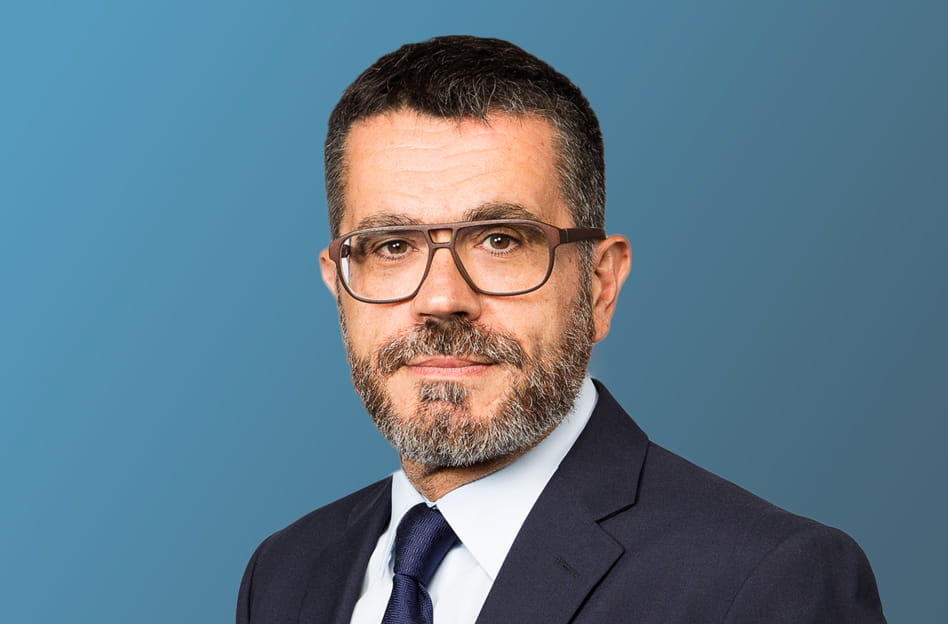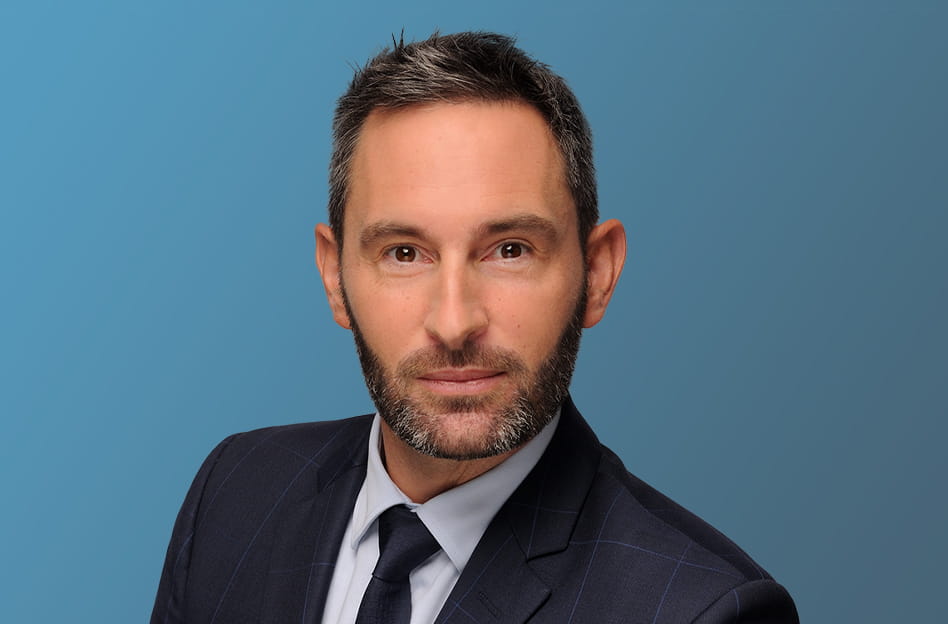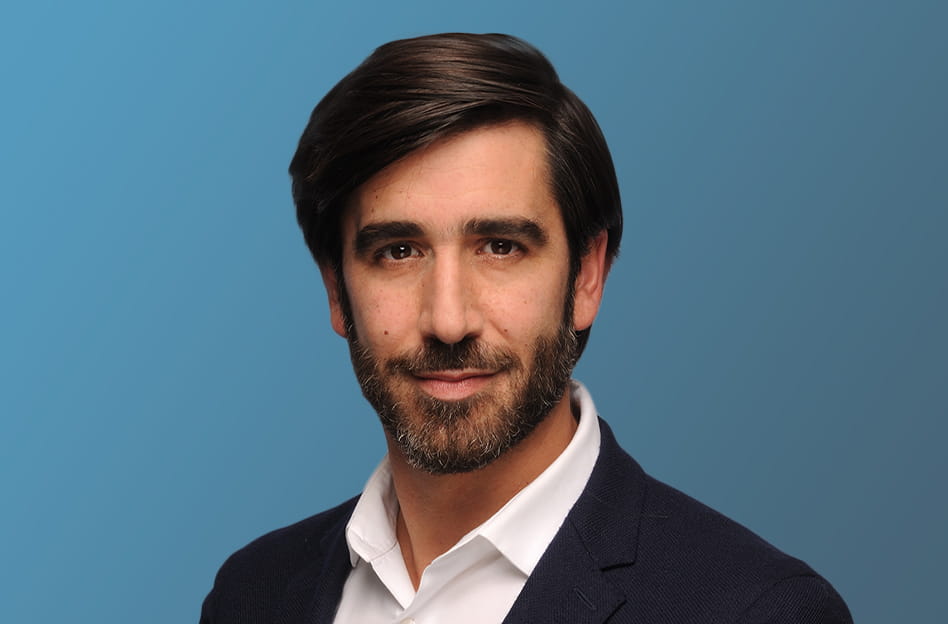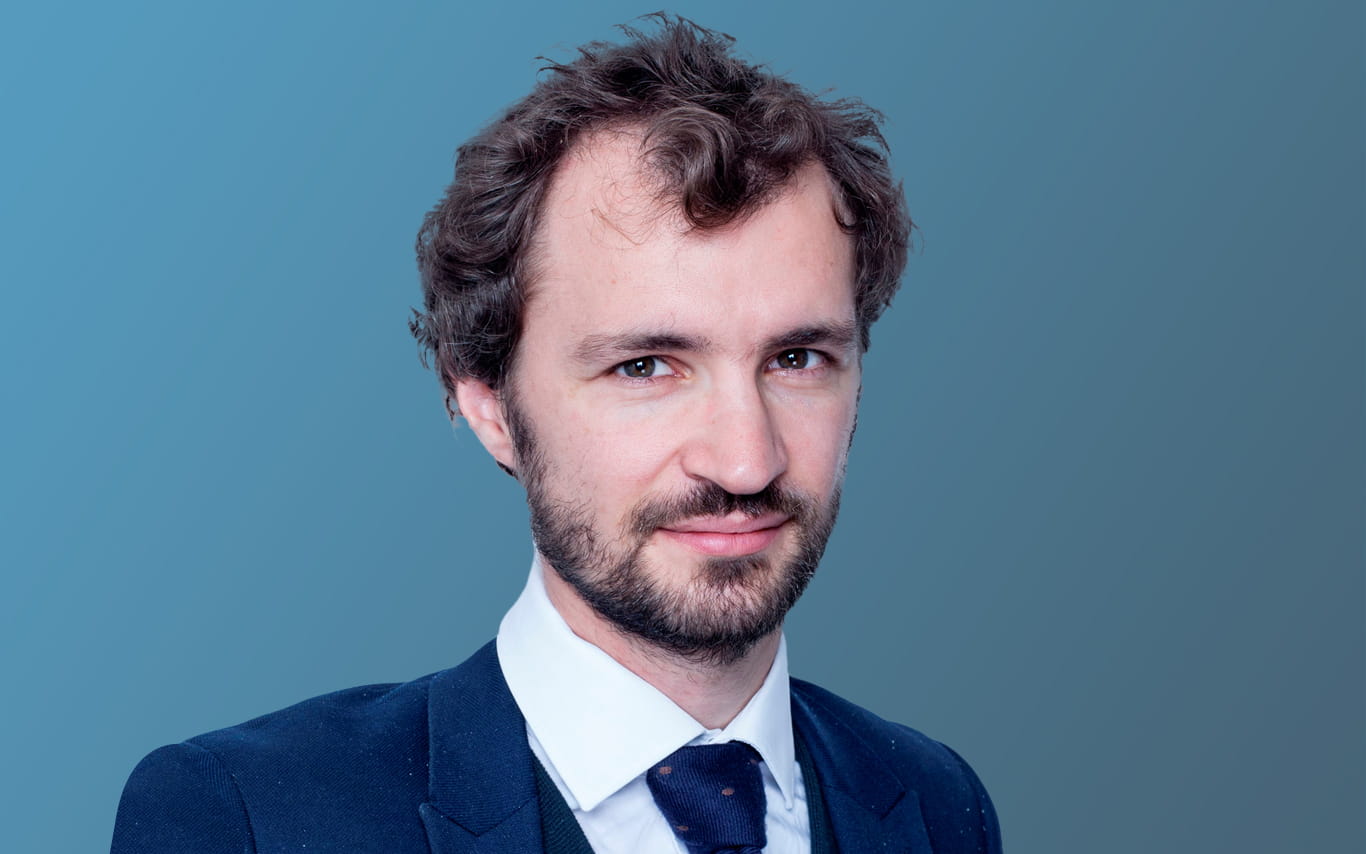France
- Investigations trends/developments
- Significant law reforms impacting corporate criminal liability
- Internal investigations – key developments
- Sectors targeted by law reforms or enforcement action during 2022
- Cross‑border coordinated investigation or enforcement activity
- Predictions for 2023
Investigations trends/developments
A strong focus on tax fraud and laundering the proceeds
Tax evasion by corporates was both a focus during the 2022 presidential and legislative elections and for enforcement activity. The PNF, in close cooperation with the French Tax Authorities, directed most of its attention at fighting tax fraud and illicit laundering of proceeds this year.
The harsh penalties handed down in recent cases, mostly settled by way of CJIP, are testimony to the rigorous approach taken by French enforcement authorities in this area:
- A large Swiss bank agreed to pay a total of EUR 238 million as a public interest fine and for damages to put an end to an investigation opened in 2016 for aggravated laundering of the proceeds of tax fraud and illicit solicitation of customers in France. The ambit of this CJIP, finalised in October 2022, covers tax fraud and illicit solicitation, between 2005 and 2012, of thousands of French customers to open undeclared accounts in its books, representing up to EUR 2 billion in assets.
- A large U.S. fast food corporation and the PNF agreed on a EUR 1.245 billion CJIP in June 2022 to settle an investigation targeting the company’s transfer pricing policies.
Also in 2022, in a landmark case, the Paris Criminal Court convicted 14 individuals, made up of hedge fund directors and managers, as well as a tax attorney, working with or at a major U.S. bank, who allegedly took part in setting up a complex optimisation tax scheme using a profit-sharing entity that would have enabled them to avoid paying millions of euros in taxes on investment gains in 2007 and 2008.
The rise of prosecution against corporates for aiding and abetting war crimes and crimes against humanity
Two landmark judgments handed down by the Paris Court of Appeal, following rulings by the French Supreme Court, confirmed the trend towards greater scrutiny and accountability of corporates for human rights violations. The Paris Court of Appeal confirmed the indictments of two corporates for having ‘aided and abetted’ war crimes, and crimes against humanity. In particular, within two separate proceedings, the Court found that:
- a technology company that produces tools for intercepting communications and analysing data could be indicted for aiding and abetting acts of torture for having, in substance, sold surveillance devices to the Libyan intelligence apparatuses during the time of Muammar Gaddafi’s reign
- a large cement company could be indicted for aiding and abetting crimes against humanity for allegedly having, in substance, paid bribes to local terrorist groups, including ISIS, through its Syrian subsidiary, with a view to allowing its local factory to continue its activities in Syria up until 2015.
This trend can also be tied to the increase in compliance duties imposed on large businesses regarding human and environmental rights, such as, but not limited to, the “duty of vigilance” rule and the increased accountability for corporates in relation to their ESG commitments. For example, recently a large French bank was threatened with climate litigation for allegedly having insufficiently identified the human and environmental impacts of its fossil fuel financing operations, as would have been required by the corporate “duty of vigilance” rule. Likewise, we are seeing more complaints targeting corporates on the grounds of potentially misleading commercial practices, and for allegedly failing to fully comply with their own ethical commitments.
French-style DPAs
Since the CJIP was introduced by the “Sapin II” law in late 2016, the number of settlements for corporates has steadily risen and become a key part of the French enforcement environment.
The widening of the scope of the CJIP to tax fraud in 2018 and environmental offences in 2020, is testimony to its success.
In 2022 alone, 14 CJIP were signed and validated by the competent courts, and over EUR 1.3 billion was handed down as public interest fines and damages. More are currently being negotiated, such as a recent bribery settlement between an aircraft manufacturer and French authorities over past dealings in Libya and Kazakhstan.
Significant law reforms impacting corporate criminal liability
Evolving case law on excessive length of criminal proceedings
White collar crime investigations in France have historically been very lengthy. After a recent push from lower courts to declare null and void proceedings that were considered to have lasted for an “unreasonable time”, the French Supreme Court put an end to this trend on 9 November 2022, in the Chaufferie de la Défense case relating to corruption allegations, ruling that:
- the excessive length of criminal proceedings does not in and of itself justify its annulment; but
- it can nonetheless have consequences on the evidentiary value of the elements at hand as well as an impact on sentencing.
Unreasonable delays in cases have become increasingly common in France, particularly in complex financial cases. Such delays raise important questions as to the right to a fair trial.
Potentially stricter framework for criminal investigations
In an attempt to better regulate and limit the duration of criminal investigations, a December 2021 law reform purports to regulate the duration of preliminary investigations (led by the police under the supervision of the public prosecutor) to a maximum of two years from the first investigative act.
This period may be extended by an additional year with the written and documented authorisation of the public prosecutor, and is suspended for the duration of international cooperation requests.
It remains to be seen how these new limitations will impact the way complex white collar crime investigations are run.
Reinforcement of legal privilege
Key principles governing attorneys’ legal privilege in France were enshrined in legislation during a large‑scale reform of the French judicial system in December 2021, which was reviewed and for the most part approved by the French Constitutional Court (Conseil constitutionnel). The law now explicitly recognises the existence of attorneys’ legal advice privilege, aligned with legal privilege relating to the rights of defence. The law also memorialises a principle from French case law: that attorneys and their clients cannot rely on French privilege where communications between them may have helped perpetrate or facilitate corruption, tax fraud or terrorist financing.
Impossibility of prosecuting both administrative and criminal offences concomitantly
The dual system of administrative and criminal sanctions for obstructing the inspections and investigations of the French Financial Markets Authority (Autorité des marchés financiers) was declared unconstitutional by the French Constitutional Court on 28 January 2022.
The court reaffirmed the principle that persons cannot be convicted or subjected to both administrative and criminal proceedings based on the same facts qualified in an identical manner, by sanctions of the same nature, for the purposes of protecting the same public interests.
Internal investigations – key developments
New legislation on whistleblowers
New legislation regarding whistleblower protections was adopted in France in 2022 to implement the EU Whistleblowing Directive. The law, effective in March 2022, improves the protection of whistleblowers in companies with more than 50 employees.
However, the French law goes beyond the European requirements. Previously, France only protected whistleblowers if the facts reported were considered prima facie as “serious and manifest”. The new regime has removed this essential condition, which guaranteed a balance between the nature of the facts reported and the response that needed to be made by corporates, despite the obvious cost to companies.
Furthermore, the new law has done away with the requirement that the facts must be reported internally prior to being reported to outside authorities via external channels.
Lack of prospects for new “Sapin III” legislation
Last year, a new “Sapin III” bill was proposed to, among other things, strengthen the rights of individuals during internal investigations. The MP spearheading this bill did not run for re-election in 2022, and a debate on the bill is yet to be scheduled at the French Parliament. We will be closely monitoring this area.
Sectors targeted by law reforms or enforcement action during 2022
The focus remained on tax fraud. Indeed, in the past year, financial institutions were subject to a number of PNF investigations. A number of controversies relating to the allocation of contracts to consultancy firms by the French Government also led to greater scrutiny in the consultancy sector. As a result, a large U.S. consulting firm is currently under investigation for tax fraud and laundering the proceeds due to their transfer pricing policy.
For French regulatory authorities, the focus this year remains on compliance with AML/CTF regulations by the financial services sector.
The French Anti-Corruption Agency (Agence française anticorruption), which is responsible for ensuring compliance with French anti-bribery and anti-corruption (ABAC) regulations, gave a number of interviews and published articles in relation to ABAC compliance by public sector companies, which seem to be a recent focus.
Cross‑border coordinated investigation or enforcement activity
The European Public Prosecutor’s Office (EPPO) became operational on 1 June 2021. After a year of existence, 928 cases have been opened, of which around 30 have been referred to national courts, mainly concerning VAT fraud.
To illustrate the efficiency and scale of the investigations led by the EPPO, on 29 November 2022, the EPPO in cooperation with law enforcement agencies of 14 EU Member States, including France, carried out simultaneous investigative measures, including more than 200 searches, in relation to a complex VAT fraud scheme based on the sale of popular electronic goods. It is estimated that the damages investigated amount to EUR 2.2 billion.
On top of the EPPO’s new European operations, there is still a strong willingness among French criminal authorities to work on cross‑border coordinated investigation and enforcement activity.
Predictions for 2023
In a criminal public policy circular published on 22 September 2022, the Ministry of Justice stated that it would focus its efforts, among other more general issues, on environmental offences. As such, the energy and mining sector is likely to be subject to increased scrutiny.
Further, in light of the increased cooperation between the French Tax Authorities and the PNF, we expect the focus to remain on tax‑related offences, and, as such, for financial institutions in particular to continue to be key targets of enforcement action, with an increasing level of fines and penalties.
Finally, ESG is an up-and-coming topic in the current enforcement environment. The recent litigation prompted by NGOs is likely to be followed by further disputes over the upcoming year.
This article is part of the Allen & Overy Cross-border White collar Crime and Investigations Review. Please visit the review homepage for our overviews and insights in other jurisdictions.
Key contacts
Recognition
Allen & Overy is a well-regarded team with extensive experience acting before authorities and criminal courts on investigation matters. The law firm also assists with corruption, fraud and regulatory files. The practice frequently handles cases with cross-border components thanks to the firm's international network.
Chambers Europe - Corporate Compliance & Investigations - 2022
Allen & Overy LLP ’s white-collar crime practice is a perfect fit for banks and other leading financial institutions as the team combines criminal law expertise and strong regulatory and compliance know-how in the field.
Legal 500 EMEA - Dispute resolution: White-collar crime – 2022
Download the Cross-Border White Collar Crime and Investigations Review

The 'Cross-Border White Collar Crime and Investigations Review' analyses the latest developments and trends, and highlights the most significant among the current and emerging issues that white collar crime and investigations in-house counsel should prioritise in the year ahead.




